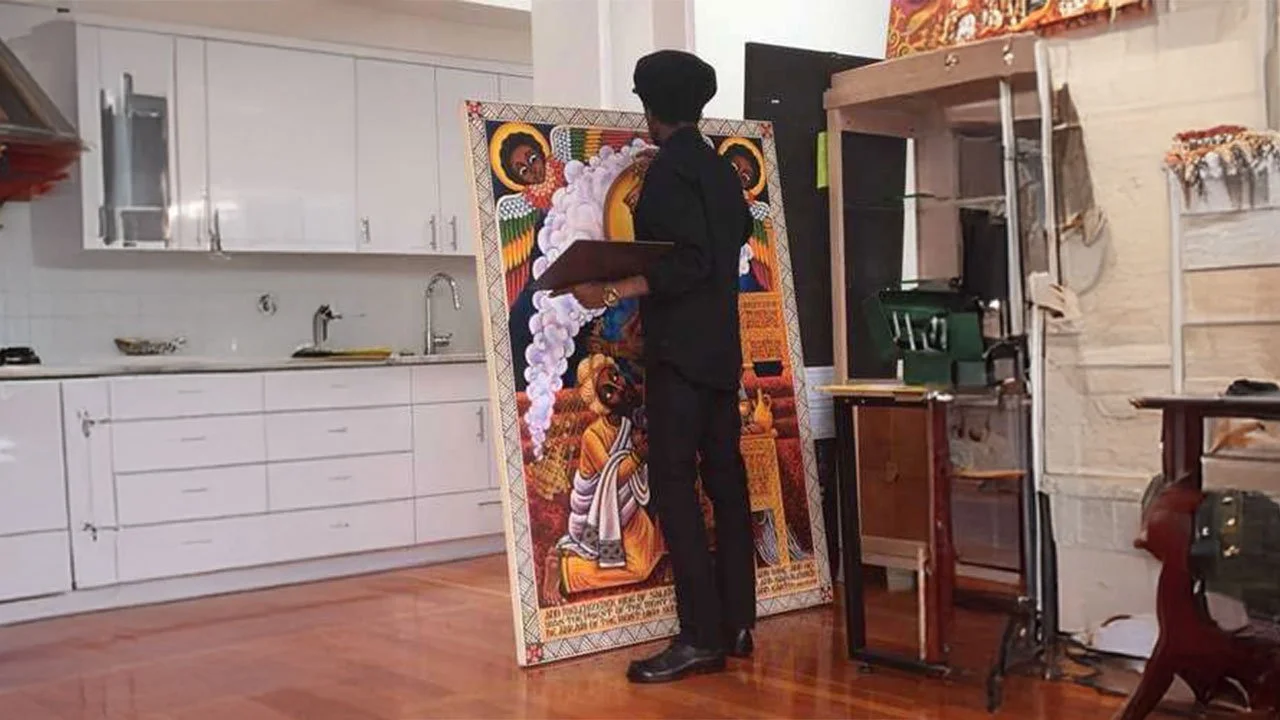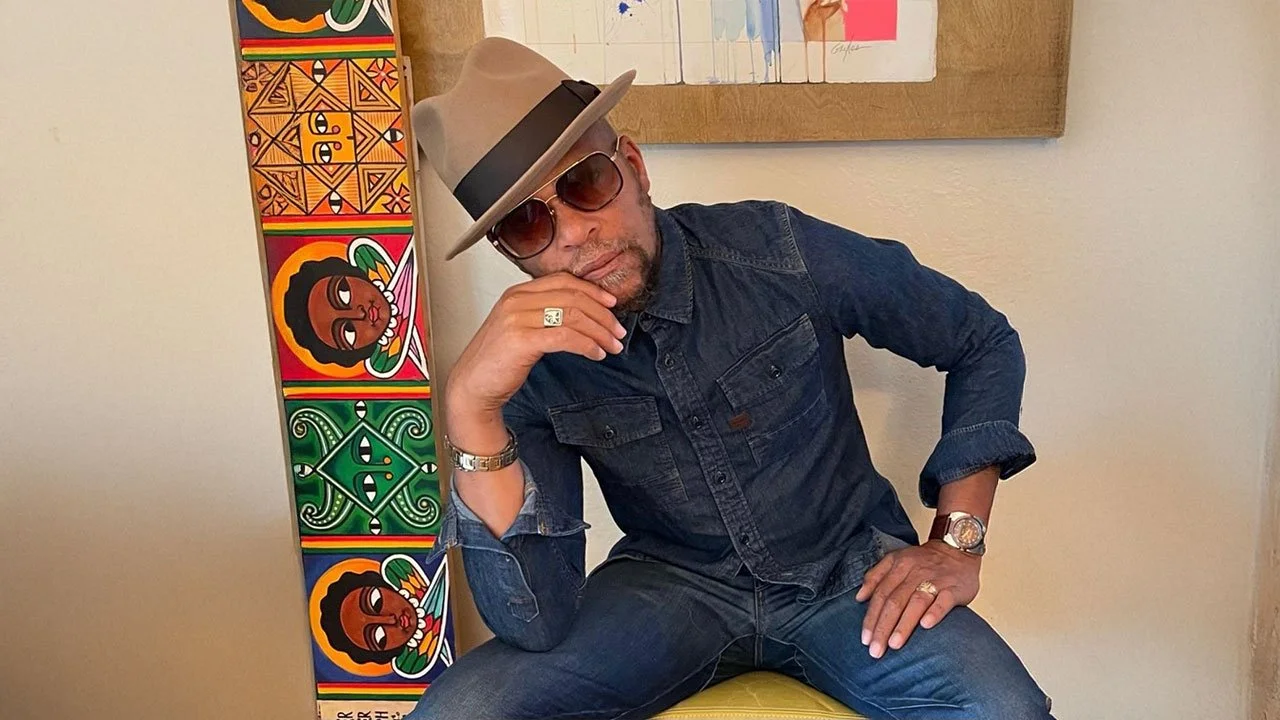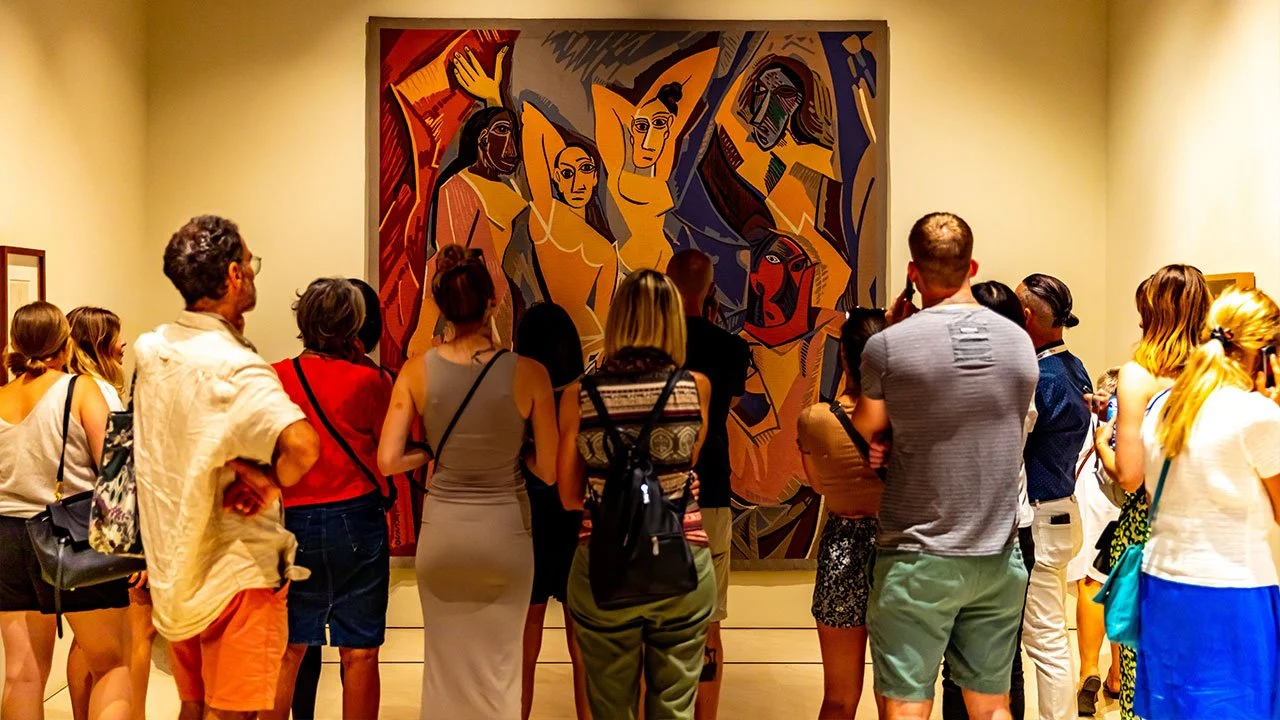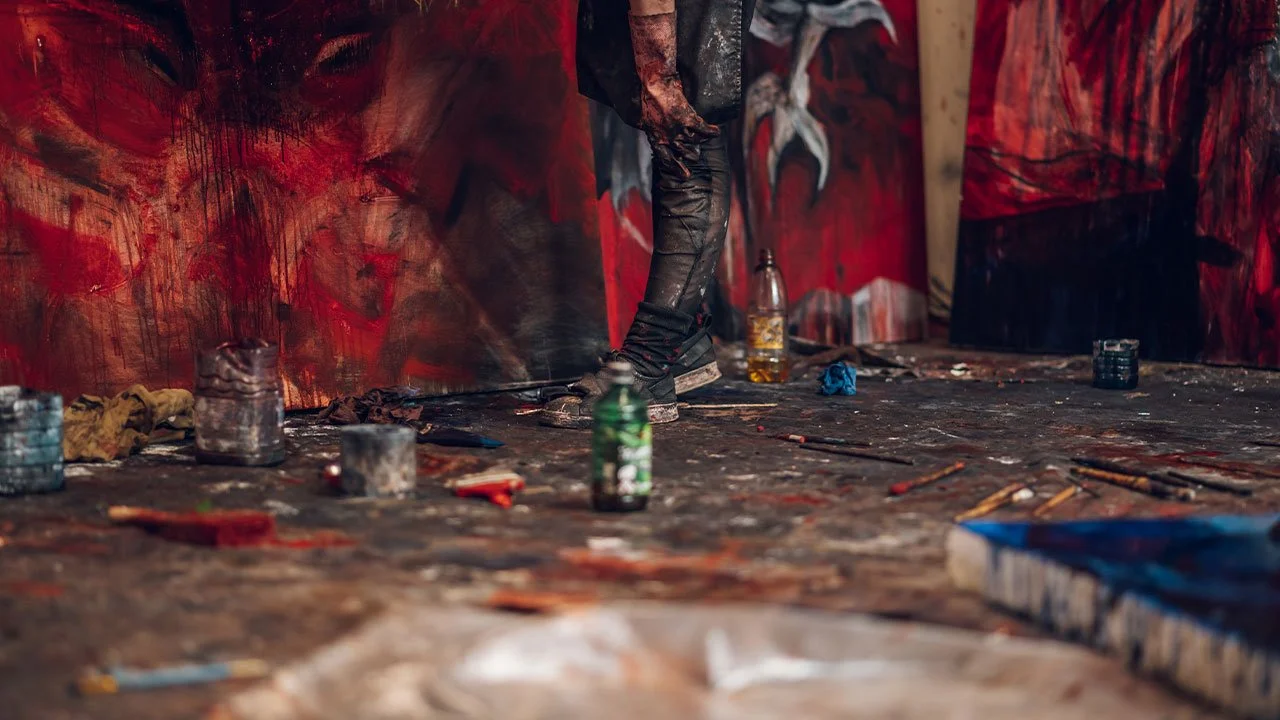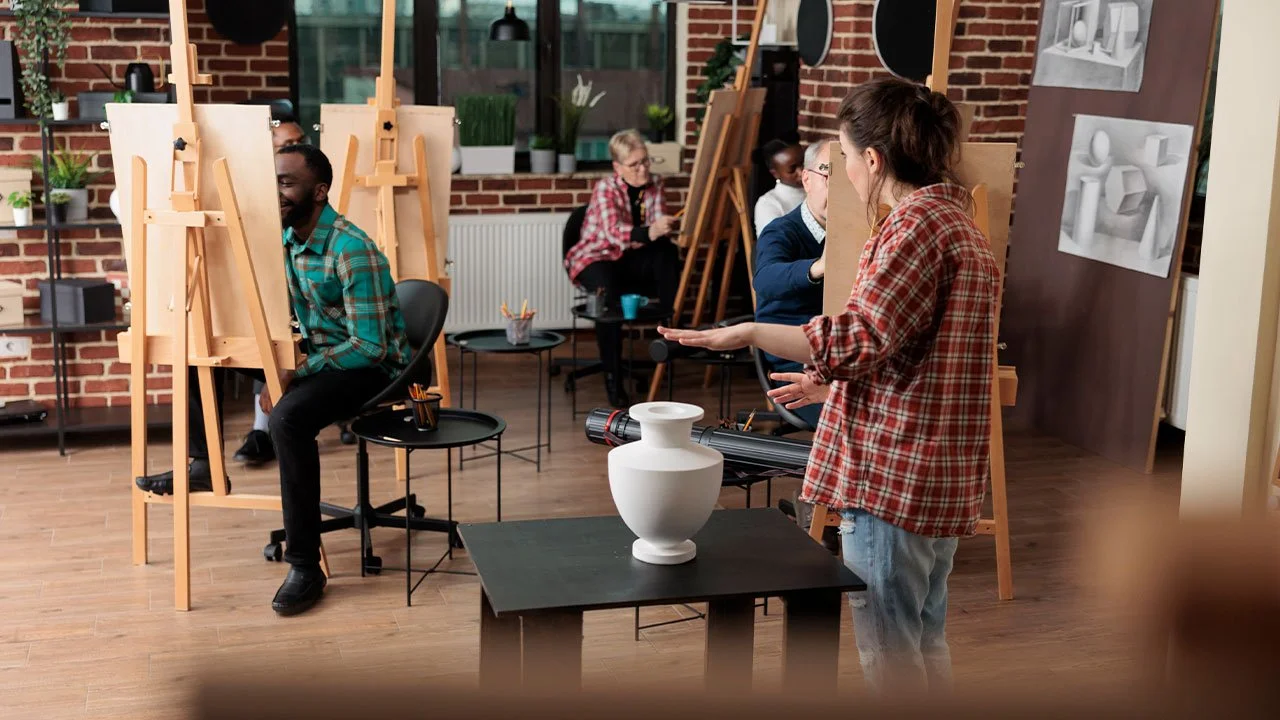The Art of Living: A Conversation with Abba Yahudah
Art is more than a career or hobby—it's a way of life, a lens through which some individuals see and shape the world. Among these creative visionaries is Abba Yahudah, a self-proclaimed "Renaissance Man" whose journey through art, culture, and personal growth stands as a testament to the power of passion and self-belief.
From his childhood in Jamaica to his global artistic presence, Abba’s story is one of determination, cultural pride, and a commitment to living authentically. His insights into creativity, independence, and purpose are both profound and practical for anyone seeking inspiration in their artistic journey.
Early Inspiration: Claiming the Artist Within
Abba’s journey into art began at the age of seven in Jamaica, a pivotal moment etched in his memory. One day, a family friend visited his home, and his father proudly displayed young Abba’s drawings. Inspired by the admiration he received, Abba asked the visitor if they could draw like him. The answer was a humble “No,” followed by an affirmation: “You’re gifted.”
It was then that Abba claimed his identity as an artist, realizing he didn’t need to wait for adulthood to embrace his calling. He later drew inspiration from his uncle, a professional artist thriving in the United States.
Watching his uncle return to Jamaica year after year, living from his passion, solidified Abba’s belief: he could not only dream of being an artist but build a life centered around it.
The Pivotal Years: Mentorship, Independence, and Vision
Abba eventually moved to Manhattan, where he worked alongside his uncle in an advertising agency. This period marked professional success, yet it also brought a moment of reckoning.
Sitting in his office one day, Abba realized he had achieved his childhood dream—working side by side with his uncle in a creative field. However, he also saw a deeper calling: independence.
Encouraging his uncle to start their own agency, Abba was met with a bittersweet truth. His uncle, burdened by financial obligations, chose to remain in the corporate world. For Abba, this was a turning point. He vowed never to let fear or obligation tether him.
Shortly after, a corporate layoff in 1994 propelled him to embrace full independence, marking the start of his journey as a self-reliant artist. For Abba, this wasn’t an end but a liberation—a chance to build his life on his own terms.
Art Without Borders: A Global Creative Legacy
Abba Yahudah’s work speaks to the soul. It’s not just confined to canvas or gallery walls; his art resonates in streets, cultural spaces, and hearts across the world. From murals in Ethiopia to works on display in New York, Jamaica, and the West Coast, Abba’s creations are a celebration of culture and identity.
His art often draws from Ethiopian iconography and Rastafarian culture, blending abstraction and symbolism to create pieces that feel both deeply personal and universally relevant. One of his notable works, "The First Supper," serves as a reminder of African roots and the divine nature inherent in humanity.
For Abba, his art is a vehicle for preserving cultural truths and reclaiming narratives often appropriated or misrepresented by others.
The Creative Process: Listening with the Eyes
Abba’s creative process is as unique as his art. He describes the act of beginning a painting as “disturbing the silence” of a blank canvas with color. From there, the canvas guides him in a silent yet profound conversation. “I listen with my eyes,” Abba explains, articulating a process that many artists feel but struggle to put into words.
This dialogue continues until the piece reveals its name—a key that unlocks its deeper meaning for viewers.
This approach is a meditative, almost spiritual experience. For Abba, each piece is more than a product; it is the byproduct of a deeply personal journey. His method reminds us that art is not only about creation but also about discovery—of oneself, one’s emotions, and the stories waiting to be told
Breaking the "Starving Artist" Stereotype
Few labels frustrate Abba more than the term "starving artist." He sees it as a societal construct designed to discourage creativity.“No one says ‘starving engineer’ or ‘starving mathematician,’” he points out.
For Abba, poverty is not about finances but mindset. By investing in himself, he has created a life of abundance defined not by monetary wealth but by fulfillment, purpose, and joy.
Abba’s philosophy is simple yet profound: every action in life has an art to it, from painting to washing dishes. By finding the art in everyday tasks, one can transform work into passion and live in the “sweet spot of life.”
This approach has allowed Abba to live a life where he’s “retired” from the traditional concept of work, pursuing only what aligns with his purpose and bliss.
Inspiration for Future Generations
For Abba, art is not just about self-expression; it’s about leaving a legacy. His work serves as a reminder of the divinity and resilience within African culture and the importance of reclaiming one's narrative. He hopes to inspire young artists to believe in their worth, embrace independence, and reject limiting stereotypes.
His journey offers a blueprint for anyone seeking to align their passion with purpose. As Abba puts it,
“To live in the sweet spot of life is to find the art of doing.”
Whether you’re an artist, entrepreneur, or simply someone searching for deeper meaning, his story reminds us that we all have the power to create a masterpiece out of our lives.


